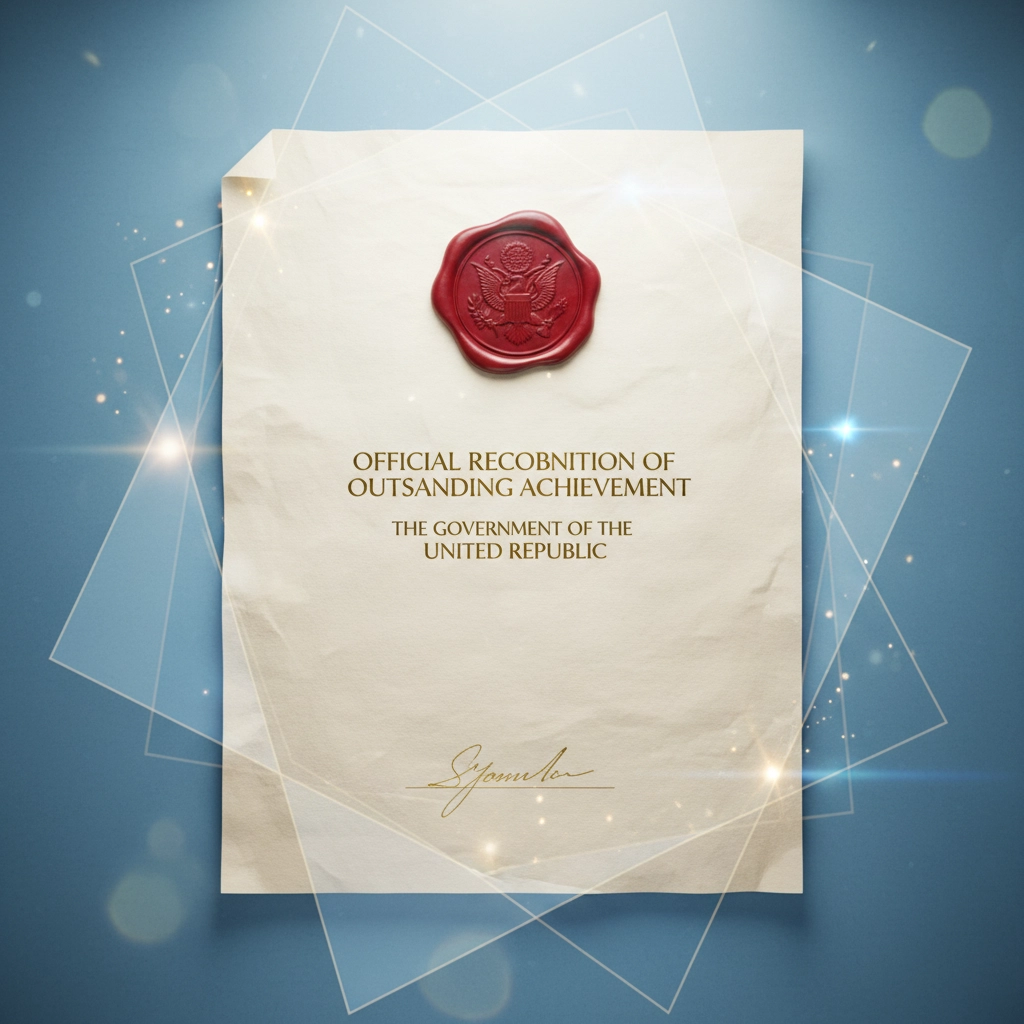How to Restore Your Rights in Virginia: 5 Steps Every Convicted Felon Should Know
- brookthibault
- Nov 4, 2025
- 6 min read
Getting your life back on track after a felony conviction involves more than just serving your time. One of the most important steps you can take is restoring your civil rights in Virginia. This process can give you back your right to vote, serve on juries, hold public office, and work as a notary public.
The good news? Virginia has made this process more accessible than ever before. Thanks to policy changes implemented in recent years, over 22,000 Virginians have successfully restored their rights. Many people don't even realize their rights may have been automatically restored without any action on their part.
Understanding how this process works can empower you to take control of your future and fully participate in your community again. Let's walk through exactly what you need to know.
Understanding What Rights You Lost and Can Regain
When you're convicted of a felony in Virginia, you automatically lose several important civil rights. These include your right to vote in elections, your ability to run for or hold public office, your eligibility to serve on juries, and your qualification to work as a notary public.
However, it's crucial to understand that restoring your civil rights does not include firearm rights. Those require a separate legal process through the circuit court system, which we'll discuss later in this guide.

The restoration process has evolved significantly over the years. Virginia now takes a more proactive approach, with state agencies working together to identify and restore rights for qualified individuals automatically. This means you might already have your rights back without knowing it.
Step 1: Verify Your Eligibility and Current Status
Before you begin the restoration process, you need to determine whether you're eligible and whether your rights have already been restored. Start by visiting the Secretary of the Commonwealth's Restoration of Rights website to check your current status.
To be eligible for civil rights restoration in Virginia, you must meet several key requirements:
You must have completed your sentence and no longer be incarcerated
You cannot be under active supervision, including supervised probation or parole
You must not have any pending felony charges against you
You should demonstrate good conduct since your release
You should have no recent criminal record or history of violent behavior
If your original felony conviction involved the use of a firearm or other violence, your case will be reviewed individually, but this doesn't automatically disqualify you from the restoration process.
Many people are surprised to discover that their rights have already been restored through Virginia's proactive restoration program. The state works with various agencies to identify qualified individuals and restore their rights without requiring a formal application. If you're unsure about your status, you can call the Secretary of the Commonwealth's office at (804) 692-0104 for clarification.
Step 2: Gather Documentation and Submit Your Application
If your rights haven't been automatically restored, you'll need to submit a formal request. The application process is straightforward and completely free – you don't need to hire an attorney to navigate this process.
You have two options for submitting your application:
Online Application: Visit the Secretary of the Commonwealth's website and complete the online restoration request form. This is typically the fastest and most convenient method.
Mail-in Application: If you prefer to submit a paper application, you can download the form from the website and mail it to the appropriate address.

When completing your application, be thorough and honest about your background. The review process will involve checking your records with various state agencies, so any omissions or false information could delay or derail your application.
Make sure you have access to accurate information about your conviction date, the court where you were sentenced, and details about when you completed your sentence or supervision. Having this information readily available will make the application process smoother.
Step 3: Navigate the Review Process
Once you submit your application, the Secretary of the Commonwealth's office will conduct a comprehensive review of your case. This review typically takes 30 to 60 days, though complex cases may require additional time.
During the review process, state officials will:
Verify that you've completed all aspects of your sentence
Confirm you're not under any form of active supervision
Check for any pending charges or recent criminal activity
Evaluate your conduct since release from incarceration
Assess your overall eligibility based on the Governor's standards for rights restoration
The review process is thorough but fair. Officials understand that people can change and deserve the opportunity to fully reintegrate into society after paying their debt. Your case will be evaluated individually, taking into account your specific circumstances and demonstrated rehabilitation.
You don't need to take any action during the review period unless the office contacts you for additional information. Patience during this phase is important – rushing or repeatedly contacting the office won't speed up the process.
Step 4: Receive and Understand Your Restoration Order
If the Governor approves your application, the Secretary of the Commonwealth will issue a personalized order confirming that your civil rights have been restored. This official document will be mailed to the address you provided on your application.
Your restoration order is an important legal document that you should keep in a safe place. It serves as proof that your voting rights, right to hold public office, jury service eligibility, and notary public qualification have all been restored.
Once you receive your restoration order, you can immediately begin exercising these rights. However, remember that this restoration does not include firearm rights – those require a separate legal process that we'll discuss in the next step.

The restoration order represents more than just legal rights – it's a recognition of your successful reintegration into society and your readiness to fully participate as a citizen again.
Step 5: Exercise Your Rights and Consider Additional Restoration
With your civil rights restored, you can now take concrete steps to re-engage with your community and democratic process.
Register to Vote: Visit vote.virginia.gov or register at any state agency to get back on the voter rolls. Your voice matters in local, state, and federal elections.
Participate in Civic Life: You're now eligible to run for public office if you choose, serve on juries when called, and work as a notary public if that aligns with your career goals.
Consider Firearm Rights Restoration: If you wish to restore your right to possess or transport firearms, you'll need to petition the Circuit Court under Virginia Code § 18.2-308.2(C). This is a separate legal process that can only be pursued after your civil rights have been restored. You may want to consult with a legal professional for guidance on this more complex process.
Understanding the distinction between civil rights restoration and firearm rights restoration is crucial. Many people assume that restoring civil rights automatically includes firearm rights, but Virginia law treats these as separate matters requiring different legal procedures.
Common Questions and Important Considerations
Do I need an attorney? No, the civil rights restoration process is designed to be accessible without legal representation. However, if you're also interested in expungement or firearm rights restoration, consulting with an attorney may be beneficial.
What if my application is denied? While denials are relatively rare for qualified applicants, you can reapply in the future if your circumstances change or if you can address the reasons for denial.
How long do restored rights last? Once restored, your civil rights are permanent unless you commit another felony.
The restoration of civil rights process in Virginia represents a second chance – an opportunity to fully rejoin your community and participate in the democratic process. While the path forward may seem complex, thousands of Virginians have successfully navigated this process and reclaimed their voice in society.
Taking this step demonstrates your commitment to moving forward and contributing positively to your community. Whether you're looking to vote in upcoming elections, serve your community through jury duty, or pursue opportunities that require full civil rights, this process opens doors that can help you build the future you want.
Remember, you don't have to navigate complex legal processes alone. If you have questions about rights restoration, expungement, or other legal matters affecting your future, professional guidance can help ensure you're taking the right steps toward rebuilding your life.


Comments